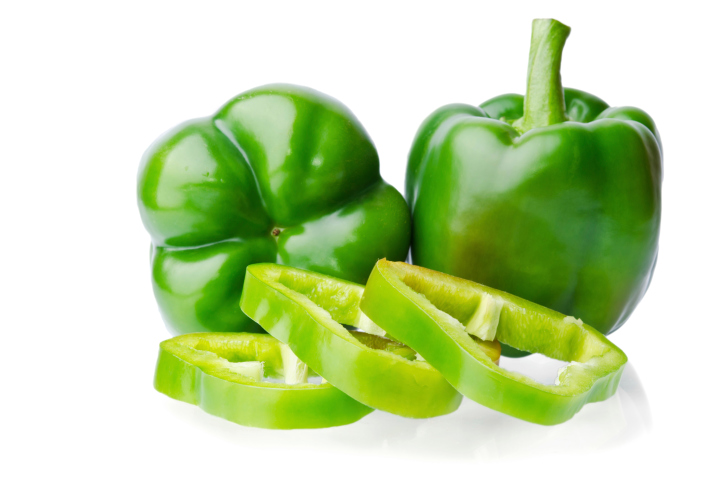
Looking at fruits and vegetables in a grocery story, you see all the bright colors and vibrant shine that entices you to buy them, right? But what you may not see is the pesticide residue being sprayed on before transit to ward off insects and keep the color.
Out of all the produce samples the USDA tested in 2014 (the last year for which data is available), nearly three-fourths showed some kind of pesticide residue, which is about in keeping with other years.
This amount persists despite growers' best efforts to clean up the produce, according to the Environmental Working Group, an environmental activist group. Annually, EWG puts together what it calls the "Dirty Dozen," a list of produce that has the most pesticide residue, according to the group's analysis of government data.
Topping the list this year are strawberries, beating out apples, which ranked first for the last five years. Since Americans eat almost 8 pounds of the fruit each year, according to EWG, this is a special concern for the group. Their analysis of the government tests found that strawberries had an average of 5.75 different pesticides per sample -- compared to 1.74 pesticides per sample of all the other produce the USDA tested. Strawberry growers use 60 different pesticides in a wide variety of combinations, according to EWG. One of the dirtiest samples tested for 17 different pesticides. Only about 7% of the strawberries sampled, though, had pesticide levels above what is considered allowable under U.S. law.
After strawberries, the "dirty dozen," in order, are:
2.) apples
3.) nectarines
4.) peaches
5.) celery
6.) grapes
7.) cherries
8.) spinach
9.) tomatoes10.) sweet bell peppers

11.) cherry tomatoes
12.) cucumbers.
Hot peppers and kale/collard greens also get a mention, but don't make the "dirty dozen" list.
Generally, the USDA summary of its testing from 2014 concluded that "overall pesticide residues found in foods are at levels below the tolerances set by the U.S. Environmental Protection Agency."
While the pesticides in the USDA samples may be at a legal level, if you would like to avoid them, look for organic versions of these fruits and vegetables. Studies have shown organic products do "expose consumers to fewer pesticides associated with human disease." Some studies have shown that there still can be pesticide residues in samples of organic produce. But even with organic produce, make sure you still wash your fruit and vegetables no matter what (even if it says pre-washed).









